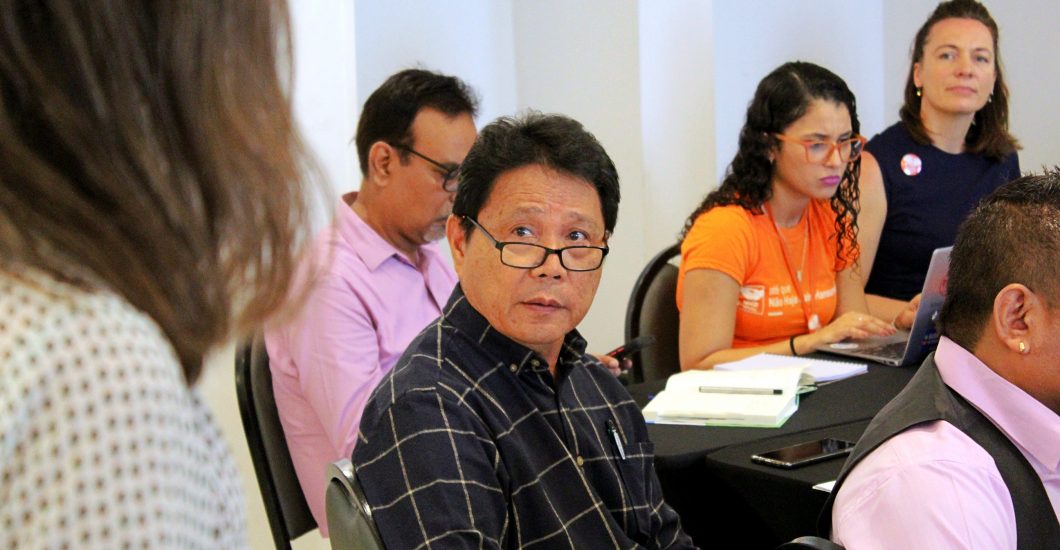Events and blogs

*We are currently in the process of conducting the review of the Technical Capacity Building in Action project which we hope to finalize in February. Results will be important for the further activities of the TCBiA project.